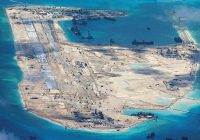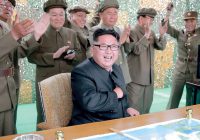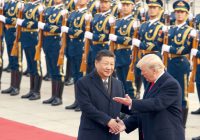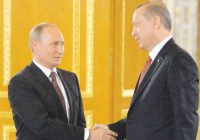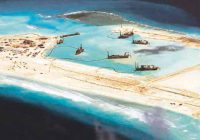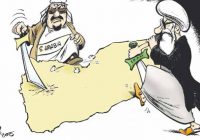One can be forgiven for doubting that Kim Jong-un is an “absolutely competent and mature politician,” as Russian President Vladimir Putin has called him. He is rather a cold cynic risking the lives of millions of people to secure his own political survival. Indeed, the sole reason he is amassing a nuclear arsenal is to forestall meeting to same fate as Saddam Hussein or Muammar al-Gaddafi. He is striving for …

